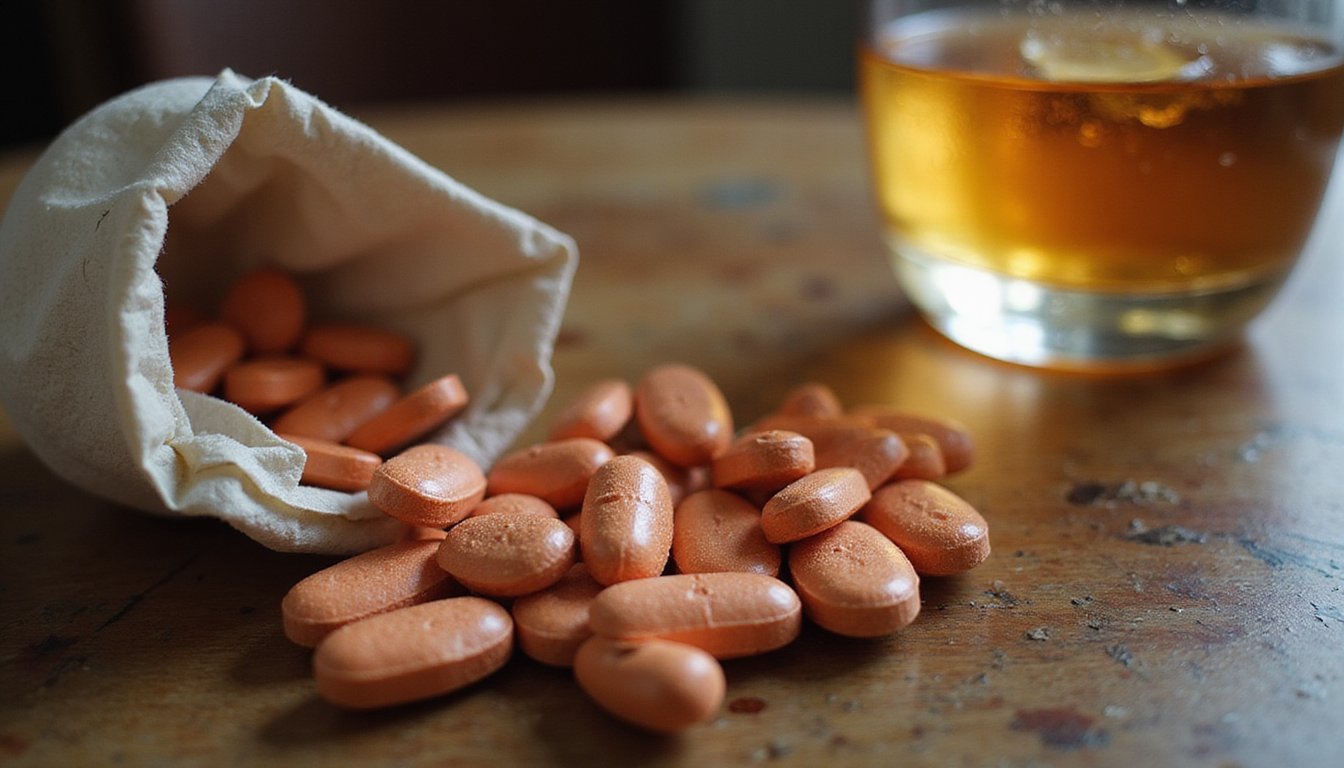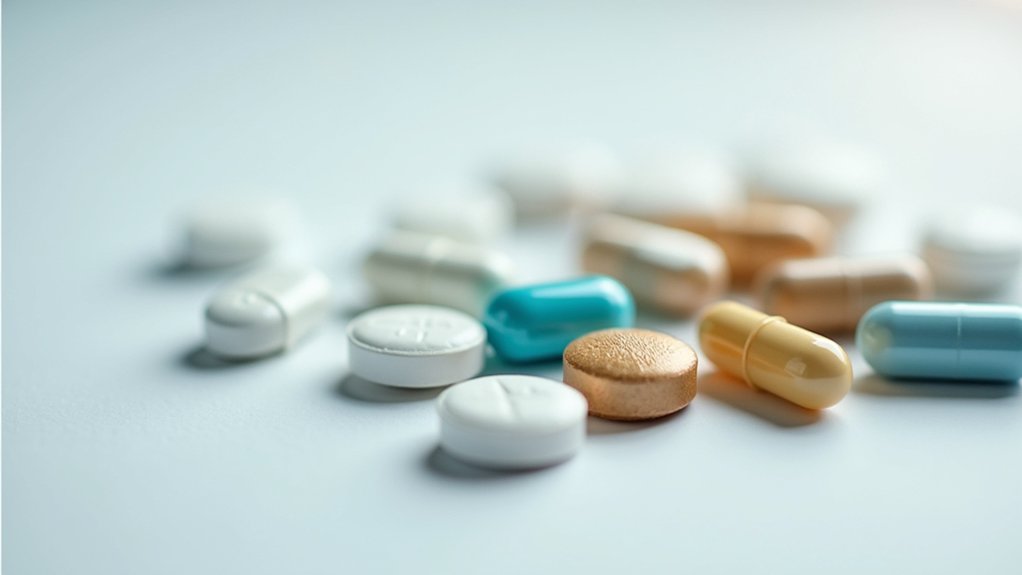Some Causes of Depression
Depression is a common medical condition that affects approximately 280 million people around the world. That’s roughly 3.8 percent of the population. Although we do know quite a bit about depression and how it can be treated, its causes aren’t always clear. Some cases can be tied to traumatic life events, while other cases seem to be hereditary. Sometimes, people appear to be severely depressed for seemingly no reason. They might have a healthy and stable life yet still experience lengthy periods of overwhelming sadness.
The truth is that depression can have a number of causes. These causes might not always be clear, but we’ll take a look at some of the more common reasons why someone might be diagnosed with depression.
What Is Depression?
Before we talk more about depression’s causes, let’s talk about what depression is exactly. Depression is a major mood disorder that affects how a person thinks, feels and handles daily activities. It’s also known as major depressive disorder and clinical depression, and it is usually characterized by feelings of intense sadness, hopelessness and worthlessness.
There are different types of depression, some of which are tied to certain circumstances and causes.
- Major depression is characterized by a depressed mood that affects daily activities for at least two weeks.
- Persistent depressive disorder, or dysthymic disorder, is a less severe form of depression that lasts for at least two years.
- Perinatal depression occurs during and after pregnancy. Depression that begins during pregnancy is known as prenatal depression, while depression that begins shortly after the baby is born is called postpartum depression.
- Seasonal affective disorder (SAD) is depression that is tied to the seasons. Most people with SAD usually begin feeling depressed in the late fall or early winter and start to feel better in the spring.
- Depression with symptoms of psychosis is a severe disorder in which depression is accompanied by hallucinations, delusions and other signs of psychosis.
Patients who have been diagnosed with bipolar disorder may experience periods of depression that alternate with manic periods of unusually elevated mood and activity.
As the World Health Organization notes, depression affects people of all ages, races and genders, although it is more commonly diagnosed in women than men. Although depression affects hundreds of millions of people around the world, the vast majority of cases in low- and middle-income regions receive no treatment, while many more may go undiagnosed.
Symptoms of Depression
The symptoms of a depressive episode include:
- A persistent sad or “empty” mood
- Feelings of worthlessness, helplessness or extreme pessimism
- Anxiety and irritability
- A loss of interest and pleasure in things you usually enjoy
- Fatigue
- Changes in sleep patterns, either having trouble falling asleep or sleeping more than usual
- Physical aches and pains, headaches and stomachaches that have no clear cause and never seem to go away
- Difficulty concentrating or remembering important tasks
- Thoughts of self-harm or suicide
Depression affects everyone differently, so while these are common symptoms, they won’t all be experienced by everyone with depression. It’s also important to note that a depressive episode is different from usual mood fluctuations. Everyone feels blue and experiences some of these symptoms sometimes. What makes a depressive episode different is that the symptoms last for at least two weeks and negatively impact your ability to manage daily tasks. Someone in the midst of a depressive episode might not bathe regularly or eat properly. They might not be able to go to work, remember to pay their bills or clean up after themselves at home. In short, a major depressive episode can effectively ruin your ability to live your everyday life.
Common Causes of Depression
Since depression affects each person differently, determining the cause of someone’s depression is difficult. There are often several factors at play, but some causes are more common than others.
Family History
Depression can run in families, so if a parent or sibling has it, you are five times more likely to become depressed than people with no depressed relatives. Of course, having depressed family members does not mean that you will be depressed as well; it merely means that you carry the genes for major depressive disorder, just like you might carry the genes for any number of physical traits that you may or may not have.
Your family history might play a role in your depression, but there are often other factors in play.
Personality
Some personality types seem to be more prone to depression than others. Depression risk factors include:
- Introversion
- Neuroticism
- Low self-esteem
- Perfectionism
- Self-criticism and sensitivity to criticism from others
- Pessimism and negativity
Of course, some of these risk factors are themselves symptoms of depression. However, these traits could have contributed to your depression if they were present before your diagnosis.
Serious Medical Illness
Having a serious medical illness can contribute to depression in many ways. Being diagnosed with an illness that will seriously impact or shorten your life will no doubt have a negative effect on your state of mind, but even a short-term illness can cause depressive symptoms.
When someone is physically ill, they likely won’t be able to spend time with friends and family. Also, they might have to spend most of their time indoors, and they might not be able to engage in hobbies that they once enjoyed. All the activities mentioned above are things that can potentially relieve symptoms of depression, so having them effectively off-limits can make depression worse.
Drug and Alcohol Use
Drug and/or alcohol use often goes hand in hand with depression. Some people turn to drugs and alcohol to cope with depression, but substance abuse can also cause depression. In any case, a dual diagnosis of depression and substance abuse is very common.
Major Life Events
Major changes in your life may also trigger depressive episodes, especially if they lead to long-term difficulties in your life. Losing your job and being unemployed for a long period of time can contribute to depression on top of serious financial issues, but having a job that leaves you unfulfilled can also make you feel depressed. Breaking up with a long-term romantic partner, being in an abusive relationship, and the death of a loved one can also cause serious depressive episodes. Just about any change in your life that causes a lot of stress can contribute to depression.
Brain Chemistry
Your brain regulates your mood, so some changes in brain chemistry can contribute to depression symptoms. This can often be the case if you have major depressive episodes even when everything else in your life seems to be going well. This may also be a reason why depression is so widely misunderstood. Many people believe that if someone’s life seems reasonably happy from the outside, then there would seemingly be no reason why they should be sad and depressed. It could be that some people’s brain chemistry won’t let them feel happy. This is also why most modern antidepressants affect the chemical transmitters that relay messages between brain cells.
Your brain’s ability to regulate your mood can also be affected by such outside factors as stress from your job and home life, the use of alcohol and certain drugs, and certain medical conditions, such as a traumatic brain injury.
The Changing of the Seasons
In some cases, depression is brought on by seasonal changes. This is often the case with seasonal affective disorder (SAD). SAD usually affects people in the fall or winter, most likely due to a lack of sunlight. This lack of sunlight from shorter days and a tendency to stay inside more often can lower serotonin levels and trigger depressive episodes. The shorter days might also disrupt your body’s biological clock and cause feelings of depression.
Treating Depression
Since depression affects everyone differently and can be caused by a number of factors, there is no one-size-fits-all treatment for it. However, even the most severe cases of depression can usually be treated. If you’re not sure where to turn, reaching out to our friendly, compassionate team at the National Depression Hotline can be a helpful first step.
Most cases of depression are treated with psychotherapy, medication or a combination of the two. We can refer you to a specialist who can help determine the cause of your depression and work with you to develop a treatment plan. Antidepressants are often used to treat depression by changing how the brain produces chemicals related to stress or mood. Clients may need to try several antidepressants before they find the one that works for them. They also take between four and eight weeks to truly begin working, so it’s important to give an antidepressant a chance before you stop taking it.
Meanwhile, psychotherapy can help clients change their way of thinking and address behaviors that may be contributing to depression symptoms. The growth of telehealth services has made psychotherapy more popular and accessible than ever. Clients who might be hesitant or unable to travel to an in-person appointment can now speak with a therapist via their computers in the comfort of their own homes.
Finally, some clients respond well to phototherapy, which involves exposing themselves to artificial sunlight. This is particularly effective for those struggling with seasonal affective disorder.
Conclusion
Depression affects millions of people and is one of the most common mental health disorders in the world, yet it remains difficult to diagnose and treat. It affects everyone differently, and it’s usually caused by several different factors. If you are struggling with depression, the best thing you can do is to speak with a mental health expert and begin treatment.
Whether you’ve felt down for the last couple of weeks or you are currently experiencing a mental health crisis, contact the National Depression Hotline for assistance. Our team will be more than happy to speak with you and help you find a treatment that works best for you. No matter how bad things may seem, know that help is always available.






